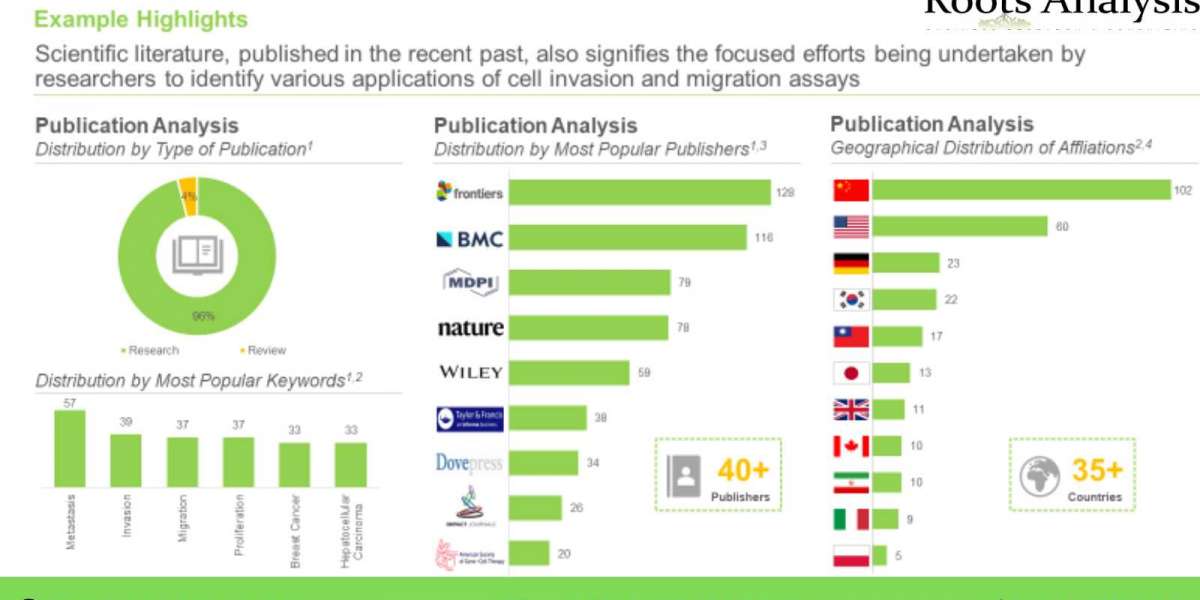ADHD and Substance Abuse: Understanding the Connection and Finding Support
Attention Deficit Hyperactivity Disorder (ADHD) is a neurodevelopmental disorder that affects millions of people worldwide. One of the significant challenges for individuals with ADHD is an increased risk of substance. Understanding the connection between different types of ADHD and substance abuse is crucial for effective prevention and intervention strategies. In this comprehensive guide, we'll explore the link between different types of ADHD and substance abuse, the risk factors involved, and strategies for finding support.
Understanding ADHD and its Types
ADHD is characterized by symptoms of inattention, hyperactivity, and impulsivity. While these symptoms are present in all types of ADHD, the way they manifest can differ. There are three main types of ADHD:
1. ADHD, Predominantly Inattentive Presentation (ADHD-PI)
- Symptoms: Individuals with ADHD-PI primarily struggle with inattention. They may have difficulty staying focused, following instructions, and completing tasks. Hyperactivity and impulsivity may be less pronounced or absent altogether.
- Risk Factors for Substance Abuse: Individuals with ADHD-PI may turn to substances such as alcohol or marijuana to self-medicate their symptoms and cope with feelings of frustration, boredom, or low self-esteem.
2. ADHD, Predominantly Hyperactive-Impulsive Presentation (ADHD-PH)
- Symptoms: Individuals with ADHD-PH primarily struggle with hyperactivity and impulsivity. They may have difficulty sitting still, waiting their turn, and controlling their impulses. Inattention may be less pronounced or absent altogether.
- Risk Factors for Substance Abuse: Individuals with ADHD-PH may turn to stimulant medications or other substances to help calm their hyperactive and impulsive behaviors.
3. ADHD, Combined Presentation (ADHD-C)
- Symptoms: Individuals with ADHD-C exhibit symptoms of both inattention and hyperactivity-impulsivity. They may have difficulty staying focused, sitting still, following instructions, and controlling their impulses.
- Risk Factors for Substance Abuse: Individuals with ADHD-C may be at the highest risk for substance abuse due to the combination of inattentive, hyperactive, and impulsive behaviors.
Understanding the Connection Between ADHD and Substance Abuse
There is a strong connection between ADHD and substance abuse. Several factors contribute to this connection:
- Impulsivity: Impulsivity is a common symptom of ADHD and can lead individuals to engage in risky behaviors, including substance abuse.
- Self-Medication: Some individuals with ADHD may turn to drugs or alcohol as a way to self-medicate their symptoms and cope with the challenges of ADHD.
- Co-Occurring Disorders: ADHD often co-occurs with other mental health disorders, such as depression, anxiety, and conduct disorder, which can increase the risk of substance abuse.
- Genetic Factors: There may be a genetic link between ADHD and substance abuse, with individuals with a family history of ADHD or substance abuse being at a higher risk.
Common Substances of Abuse Among Individuals with ADHD
Individuals with ADHD may be more likely to abuse certain substances compared to those without ADHD. Some common substances of abuse among individuals with ADHD include:
1. Stimulants
- Medication Misuse: Stimulant medications such as Adderall and Ritalin are commonly prescribed to treat ADHD. However, some individuals may misuse these medications to improve focus, energy, and performance.
- Risk of Addiction: Stimulant medications have a high potential for abuse and addiction, especially when taken in high doses or in ways other than prescribed.
2. Alcohol
- Self-Medication: Alcohol is often used by individuals with ADHD as a way to self-medicate their symptoms and cope with the challenges of ADHD.
- Increased Risk of Dependence: Individuals with ADHD may be at an increased risk of developing alcohol dependence due to their impulsivity and difficulty regulating their emotions.
3. Marijuana
- Symptom Relief: Marijuana is commonly used by individuals with ADHD to help relieve symptoms such as anxiety, depression, and insomnia.
- Risk of Dependence: Individuals with ADHD may be at an increased risk of developing marijuana dependence due to their impulsivity and difficulty regulating their emotions.
4. Nicotine
- Cognitive Enhancement: Nicotine is often used by individuals with ADHD to help improve focus, attention, and concentration.
- Risk of Dependence: Individuals with ADHD may be at an increased risk of developing nicotine dependence due to their impulsivity and difficulty regulating their emotions.
Impact of Substance Abuse on Individuals with ADHD
Substance abuse can have serious consequences for individuals with ADHD, including:
- Worsening of ADHD Symptoms: Substance abuse can worsen the symptoms of ADHD and make it more difficult for individuals to function in their daily lives.
- Increased Risk of Co-Occurring Disorders: Substance abuse can increase the risk of co-occurring mental health disorders, such as depression, anxiety, and conduct disorder, among individuals with ADHD.
- Negative Effects on Relationships: Substance abuse can strain relationships with family members, friends, and romantic partners, leading to increased conflict and decreased social support.
- Legal and Financial Problems: Substance abuse can lead to legal problems such as DUIs, arrests, and incarceration, as well as financial problems such as debt and bankruptcy.
Identifying Substance Abuse in Individuals with ADHD
Identifying substance abuse in individuals with ADHD can be challenging, as the symptoms of ADHD can overlap with the symptoms of substance abuse. However, there are some signs and symptoms that may indicate a problem, including:
- Changes in Behavior: Sudden changes in behavior, such as increased impulsivity, mood swings, and irritability, may indicate a problem with substance abuse.
- Changes in Appearance: Changes in appearance, such as weight loss, poor hygiene, and bloodshot eyes, may indicate a problem with substance abuse.
- Changes in Social Circle: Spending time with a new group of friends, avoiding old friends and family members, and becoming more secretive may indicate a problem with substance abuse.
- Changes in Performance at Work or School: Declines in performance at work or school, such as missing deadlines, skipping classes, and getting into trouble, may indicate a problem with substance abuse.
Getting Help for Substance Abuse and ADHD
If you or someone you know is struggling with substance abuse and ADHD, it's important to seek help as soon as possible. There are several treatment options available, including:
1. Medication
- Stimulant Medications: Stimulant medications such as Adderall and Ritalin may be prescribed to help manage symptoms of ADHD and reduce the risk of substance abuse.
- Non-Stimulant Medications: Non-stimulant medications such as Strattera and Wellbutrin may be prescribed to help manage symptoms of ADHD and reduce the risk of substance abuse.
2. Therapy
- Cognitive-Behavioral Therapy (CBT): CBT can help individuals with ADHD learn coping skills, develop healthier behaviors, and address underlying issues that may contribute to substance abuse.
- Motivational Interviewing: Motivational interviewing can help individuals with ADHD explore their motivations for change, set goals, and develop a plan for recovery.
3. Support Groups
- Alcoholics Anonymous (AA): AA provides individuals with ADHD with peer support, encouragement, and accountability.
- Narcotics Anonymous (NA): NA provides individuals with ADHD with peer support, encouragement, and accountability.
4. Dual Diagnosis Treatment
- Dual Diagnosis Treatment Programs: Dual diagnosis treatment programs are specifically designed to address the unique needs of individuals with co-occurring substance abuse and mental health disorders, such as ADHD.
Coping Strategies for Individuals with ADHD and Substance Abuse
Managing ADHD and substance abuse can be challenging, but there are several strategies that can help individuals cope with their symptoms and reduce their risk of substance abuse:
1. Develop Healthy Coping Skills
- Practice Stress Management Techniques: Practice stress management techniques such as deep breathing, meditation, and progressive muscle relaxation to help manage stress and anxiety.
- Find Healthy Outlets for Energy: Find healthy outlets for excess energy such as exercise, hobbies, and creative activities.
2. Build a Strong Support System
- Reach Out for Support: Reach out to friends, family members, and support groups for encouragement, guidance, and accountability.
- Find a Therapist: Work with a therapist who specializes in treating ADHD and substance abuse to develop coping skills, address underlying issues, and create a relapse prevention plan.
3. Develop Healthy Habits
- Eat a Balanced Diet: Eat a balanced diet rich in fruits, vegetables, lean proteins, and whole grains to help support overall health and well-being.
- Get Plenty of Sleep: Aim for 7-9 hours of sleep each night to help improve focus, concentration, and mood.
4. Create Structure and Routine
- Establish Consistent Routines: Establish consistent routines and schedules for daily activities such as waking up, going to bed, and meals.
- Use Visual Aids: Use visual aids such as calendars, to-do lists, and schedules to help stay organized and on track.
5. Practice Mindfulness and Self-Care
- Practice Mindfulness Meditation:







